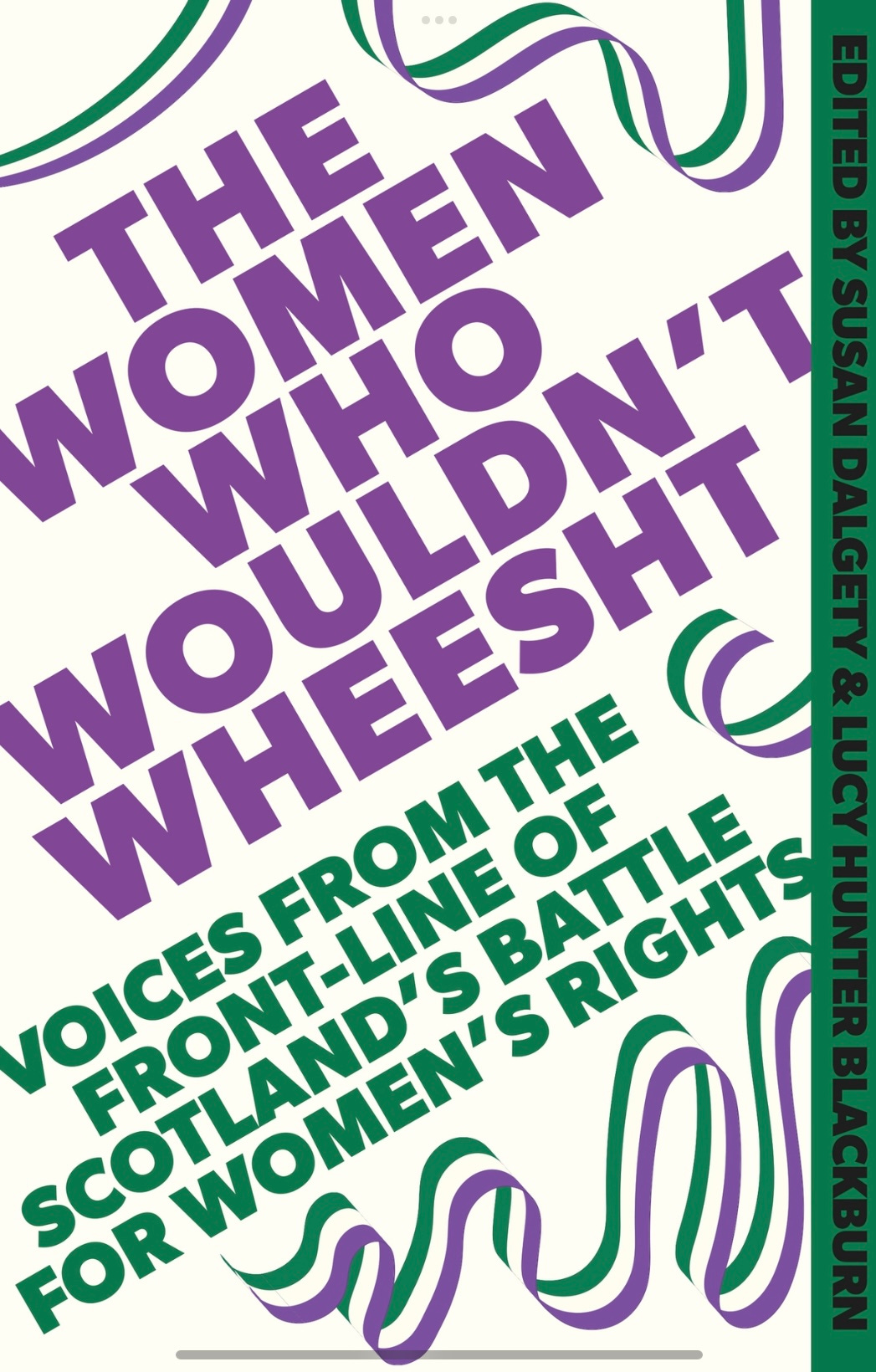Just finished reading this brand new book. After just two days on sale it hit the Sunday Times best seller list (at number 3 in hardback non-fiction!) - and it deserves it.
The strict focus on Scotland makes it an exemplary case study of how genderism gets into institutions and culture and society. Scottish society and politics has its own peculiarities and particularities, but for non-natives these are all explained up front. The editors and Murray Blackburn Mackenzie (Edinburgh-based policy analysts, who to my shame I assumed were a firm of solicitors until now) have, as they say, kept the receipts. All the receipts. The opening section reveals the incremental encroachments of genderism into Scottish public life, which was - surprisingly - first stretching its claws out as far back as 1997. Eventually we see the familiar pattern of everyone in positions of institutional power losing their minds and caving completely around 2013/14/15, from which point the stage is set for a showdown.
Because there were a lot of Scottish women who were not having this, and wouldn’t shut up/wheesht. (‘Wheesht ye, ye daft sprite!’ as Molly Weir used to tell Timothy Claypole in Rentaghost). The main body of the book is their personal stories, in a wide sweep of actual diversity; there are mega best-selling authors rubbing shoulders with shop workers, left with right, black with white. The common factor of these very different women - MSPs to mumsnetters - is their determination to fight back against genderism, often at considerable professional and social cost.
Many of these experiences are shatteringly raw, angry, and they will make you angry. As ever with genderism, the issues - for example with self-ID - are so glaring it seems incredible that it’s down to these unfunded, grassroots activists and campaigners risking their careers to point out the screamingly obvious. ‘How can this have happened?’ you think, and then - ‘How can it still be happening?’
The book helps you to answer those questions by unpacking the rise of genderism in Scotland from all angles. We learn about local politics, the infiltration of gay rights charities, the spread through media and culture (the testimony of author Gillian Philip is gobsmacking). Every story is fascinating and vital in a different way - from parents of medically abused kids to MPs frozen out by their parties.
The incidental details of what’s happened to these women at the cold hands of gender are frequently infuriating. I don’t think men can be feminists, but I confess there were times reading this where I felt like donning an Andrea Dworkin T-shirt and going on a rampage. It’s maddening - the tangle of the thing, not helped by the handmaids acquiescing to it, sometimes obscures how blatantly sexist it all is. This will remind you.
It’s sobering too - the extent of the genderist capture is so wide that you’ll appreciate how long it may take to reverse it. There may need to be a whole new generation in place before the tide fully turns (already we can see, post-Cass, a lot of these people acting as if nothing much has happened). The complicit will have to face what they’ve been complicit in, and that is expecting a lot from them.
This is a very, very strong recommend and I’m so pleased it’s flying off the shelves. Buy it and get it up to number 1!





It's frightening the ease with which the seemingly rational have completely lost their minds on this. This book is particularly fascinating as we see much of the same has happened here in Ireland too.
“I don’t think men can be feminists, but I confess there were times reading this where I felt like donning an Andrea Dworkin T-shirt and going on a rampage.” Love it!